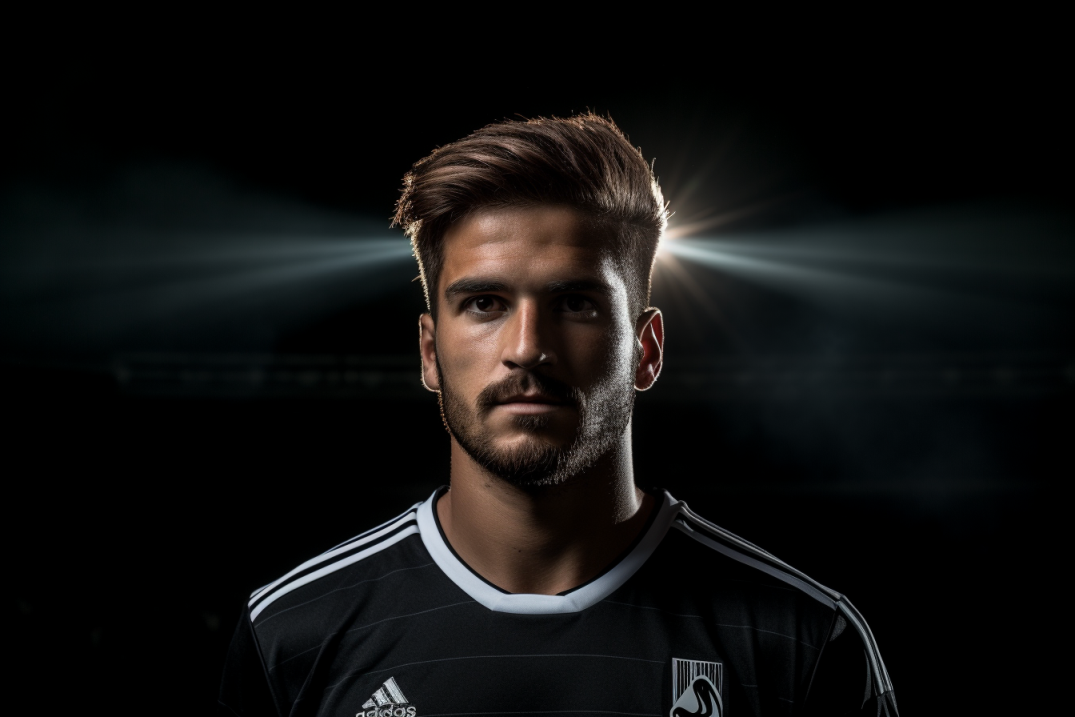As a mental performance coach, I’ve witnessed first-hand how the psychological state of a footballer can be just as crucial as physical prowess. Today, we’re diving into a fascinating intersection of dream research and football performance, inspired by the neuropsychoanalytic perspectives shared in the journal article “Experimental Research on Dreaming: State of the Art and Neuropsychoanalytic Perspectives.”
This exploration isn’t just academic; it’s a practical guide to leveraging your dreams to enhance your performance on the field.
The Connection Between Dreams and Performance
The field of neuropsychoanalysis bridges the gap between neuroscience and psychoanalysis, providing insights that are incredibly relevant to athletes, especially in high-pressure sports like football. Dreaming, a phenomenon we’ve all experienced, is not just a curious quirk of sleep but a potent tool for mental training.
Footballers, like all athletes, require mental resilience and agility. The dreams you experience are not random; they reflect complex processes that can influence your waking behavior—especially your performance in sports. Understanding and harnessing these processes can give you an edge, transforming your nighttime visions into a secret training session that you weren’t even aware of.
How Dreams Influence Footballers

Dreams are a manifestation of our subconscious minds grappling with our daily experiences. For footballers, this can include training routines, tactical formations, game-day pressures, and even interpersonal dynamics within the team. But here’s the kicker: dreams can also rehearse different scenarios, providing a kind of mental simulation of potential challenges on the pitch.
Neuropsychoanalytic insights suggest that this rehearsal isn’t just imaginary. It’s a critical process where the brain consolidates skills, processes emotional residues, and integrates new information. Dreams can reinforce what you’ve learned during the day, and interestingly, they might also help in problem-solving, presenting creative solutions to in-game challenges that your conscious mind hasn’t considered.
Practical Implications for Training
- Pre-Sleep Routine: Begin with a pre-sleep routine that involves reviewing game footage or visualizing gameplay. This method can prime your brain to process these elements during sleep, enhancing the likelihood that you’ll engage in constructive dream scenarios related to football.
- Dream Journaling: Keeping a dream journal can be incredibly beneficial. By recording your dreams upon waking, you start to notice patterns and recurring themes. For a footballer, understanding these patterns can provide insights into personal mental blocks or areas needing improvement, perhaps revealing ways your subconscious suggests you could refine your game.
- Mental Health Management: It’s also vital to address stress and anxiety, which can influence dream content. Managing these emotions through meditation, yoga, or professional help can lead to more positive dream experiences, which translate to increased confidence and better performance during games.
The Role of Dreams in Developing Football Intelligence

Dreams can serve as a sandbox for testing out strategies and skills in a consequence-free environment. Imagine practicing penalty kicks in a dream, experimenting with different approaches without the physical toll or the pressure of a real game situation. This mental rehearsal can build what we call ‘football intelligence,’ the instinctive ability to make smart decisions on the field quickly.
Moreover, neuropsychoanalytic sports psychology suggests that dreams might help integrate emotional and cognitive experiences, promoting a form of psychological resilience that is invaluable in high-stakes environments. This resilience helps you maintain focus and calm under pressure, turning potential stressors into opportunities for victory.
The Future of Dream Analysis in Football
Looking forward, the potential for tailored dream interventions in football training is immense. Imagine personalized dream training programs that not only enhance technical skills but also address psychological barriers, boost morale, and even improve team dynamics. The integration of neuropsychoanalytic methods into sports science could revolutionize how we think about training and performance.
In essence, while your body needs rest, your brain could be tactically training, and the realm of dreams offers a revolutionary, yet largely untapped, venue for enhancing your game. By embracing these insights, footballers and coaches can unlock new levels of performance, making those dream victories a waking reality.
Conclusion
In conclusion, as we continue to unravel the complexities of how dreams interact with our waking lives, the implications for football training are profound. The goal is not just to train harder but smarter, using every tool at our disposal—conscious or not. So tonight, as you drift off to sleep, remember that your dreams could be the secret to the next big breakthrough in your football career. Dream big, play bigger!
By actively engaging with our dreams, we can harness a powerful ally in the quest for football excellence. Stay tuned for more insights into how psychological strategies can transform physical performance. And remember, the field isn’t just a place of physical challenge; it’s a battleground of the mind.





